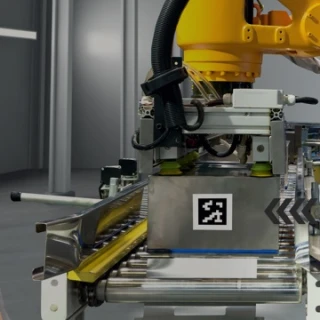Your Industry 4.0 landscape depends on your business case
Speaking of the future of Industry 4.0, new uses of existing technologies are emerging at lightning speed. For example, edge computing is an area currently in heavy development. Traditional cloud computing methods capture process data from machines, transfer it to the cloud and store it in huge databases. Big data analytics algorithms are then applied to the data remotely, delivering business insights later.
“By contrast, edge computing brings the analytics algorithms where they have the biggest impacts – as close to production as possible,” Alexander says. “For example, a factory worker could run algorithms on their smart device and use the insights to make smart decisions on the spot, a.k.a. on the ‘edge’.”
When companies begin to invest in Industry 4.0-related technology, it’s not just a production or efficiency choice – it’s necessary to meet new customer demands. It all starts with the reviewing the business model from an I4.0 perspective. Industry 4.0 can unlock unprecedented performance improvements for industrial manufacturers.
“Businesses are seeking clarification from us, especially in terms of what Industry 4.0 is all about for their specific business. It’s such a general term with such broad applications, and it touches almost every trending topic and technology today,” Alexander asserts.



